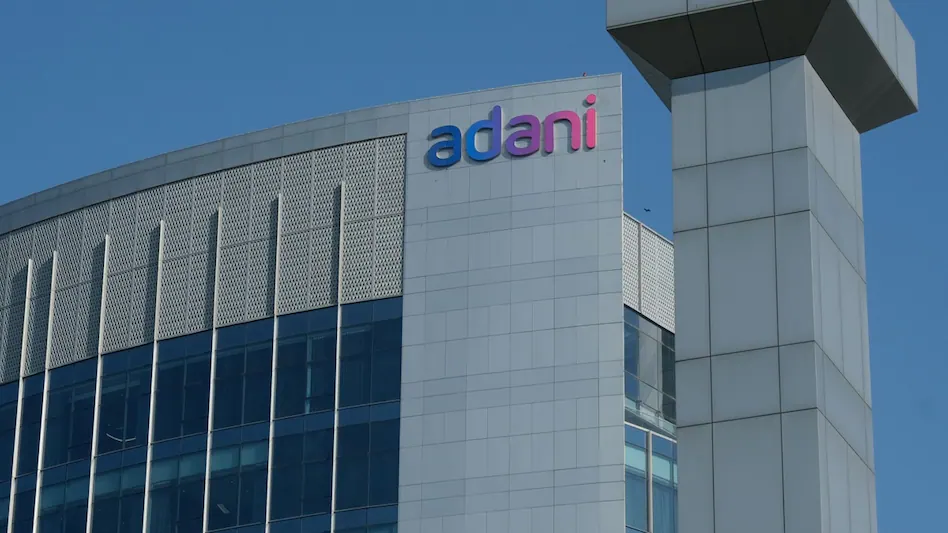Bangladesh’s interim government has accused Adani Power of violating a multi-billion-dollar agreement by withholding tax benefits for a power plant central to the deal, according to documents reviewed by Reuters.
In 2017, Adani Power, an Indian company controlled by billionaire Gautam Adani, signed an agreement with Bangladesh to supply electricity from its coal-fired plant in eastern India. However, Bangladesh now seeks to renegotiate the deal, which was awarded by then-Prime Minister Sheikh Hasina without a tender process. The deal has turned out to be far more expensive for Bangladesh compared to other coal power agreements, according to documents and letters from the Bangladesh Power Development Board (BPDB) and interviews with six Bangladesh officials.
Since the supply began in July 2023, Bangladesh has fallen behind in payments to Adani Power, owing several hundred million dollars for energy already delivered. Both sides dispute the exact amount.
Bangladesh’s de facto power minister, Muhammad Fouzul Kabir Khan, told Reuters that the country now has enough domestic power generation capacity to function without the Adani supply, although not all domestic plants are operational. The political landscape in Bangladesh shifted in August when Nobel Peace Prize laureate Muhammad Yunus assumed power after a student-led revolution ousted Hasina, who was accused of mismanaging the economy and suppressing democracy. Hasina, a close ally of Indian Prime Minister Narendra Modi, had led Bangladesh for most of the last two decades.
Reuters reveals that the contract included an additional implementation agreement regarding tax benefits. Bangladesh hopes to use the fallout from U.S. prosecutors’ November indictment of Adani and other executives for their alleged involvement in a $265 million bribery scheme to pressure a resolution.
Adani Power has not been accused of any wrongdoing in Bangladesh. In a statement to Reuters, the company affirmed that it has adhered to all contractual obligations and was unaware of any review of the contract by Dhaka. Adani Group has dismissed the U.S. allegations as “baseless.”
Tax Exemptions and Disputes
Adani Power’s Godda plant, built to serve Bangladesh, operates using imported coal. The deal was positioned as a way to further India’s foreign policy interests, and in 2019, the Indian government declared the plant part of a special economic zone, granting it tax exemptions.
Under the terms of the agreement, Adani Power was required to notify Bangladesh about any changes to the plant’s tax status and pass on the benefits of tax exemptions provided by the Indian government. However, Bangladesh claims Adani Power did not do so, as indicated by letters sent by BPDB in September and October 2024. These letters, seen by Reuters, urge the company to remit the benefits.
BPDB officials, speaking on condition of anonymity, confirmed they received no responses. They estimate potential savings of about $28.6 million for Bangladesh, based on a 0.35-cent per unit saving, if the tax benefit were passed on.
Bangladesh’s Concerns Over the Deal
Bangladesh’s November decision to revoke a 2010 law that allowed Hasina to award energy contracts without competitive bidding has reignited concerns about the Adani deal. The lack of a competitive process is unusual, with experts arguing that tenders ensure better pricing. A government-appointed panel is reviewing major energy contracts signed by Hasina’s administration, and a court has ordered an investigation into the Adani deal.
A report submitted to Yunus’ government on December 1 highlights the U.S. charges against Adani and suggests Bangladesh should scrutinize the power deal, which it describes as “negotiated hastily.”
Hasina, who fled to India, has not publicly commented on the deal. Her son, Sajeeb Wazed, denied any knowledge of the deal but maintained there was no corruption involved.
Disputes Over Payment and Supply
In October, Adani Power reduced the power supply from the Godda plant by half in response to the ongoing payment dispute. A letter from Adani Power in July rejected a request from BPDB to extend a discount that would have saved Bangladesh approximately $13 million, stating it would not consider further discounts until payments were cleared.
The dispute centers on how power tariffs are calculated. The 2017 agreement used an average of two indices to set prices, but one of those indices was revised last year, leading Bangladesh to push for the use of new benchmarks to reduce the tariff. Adani Power has rejected these demands.
While the contract stipulates that arbitration be held in Singapore, Bangladesh’s next steps will depend on the outcome of the ongoing court investigation. If irregularities or bribery are proven, the country will follow the court’s directive, according to Minister Khan.


